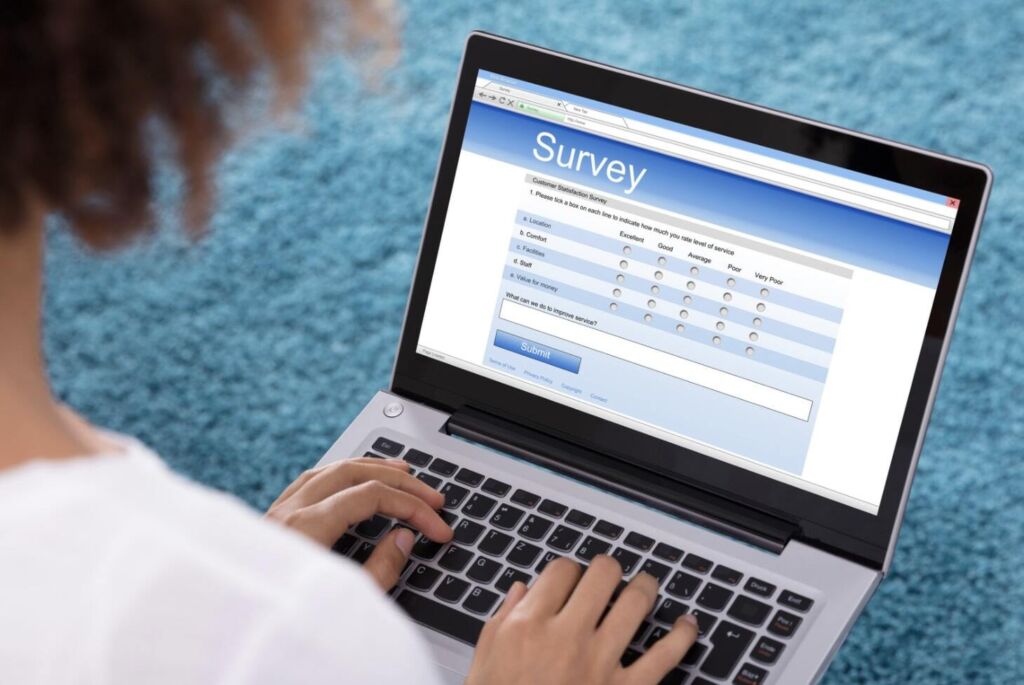MN student survey data mines kids about sex, drugs, and gender
The 2022 Minnesota Student Survey, provided by the Minnesota Department of Education to schools to administer, uses valuable classroom time to ask students inappropriate and personal questions about gender, sex, alcohol and drug abuse, and their parents.
Fifth graders are asked if they have had alcoholic beverages, used marijuana or sniffed glue in the past year. They are also asked if they have smoked cigarettes in the last month, if they have been in the same room as someone who was smoking cigarettes in the last week, and if they have been in a car with someone who was smoking cigarettes in the last week.
Students in junior high are asked how many times (if any) they have used cocaine, heroin, and meth. MDE’s survey also asks them to specify whether they are “straight,” “asexual,” “pansexual,” “queer” “bisexual,” “gay or lesbian,” “questioning/not sure,” “don’t describe” themselves “in any of these ways” or are “not sure what this question means.” Questions about parents include whether they regularly swear at their kids, insult them or put them down, if they have ever been in jail or prison, and if anyone in the household is depressed or has other mental health issues.

High school students are asked about sexual abuse, how many different sex partners they have had in the last 12 months and which gender(s) they are. Other questions ask about whether their parents have ever slapped, hit, kicked, punched or beat each other up.
The survey is administered to students in grades 5, 8, 9 and 11, but schools may opt to also survey grades 6, 7, 10 and 12.
Offered every three years in traditional public schools, charter schools, tribal schools, alternative learning centers, and to youth in juvenile correctional facilities, the statewide online survey is “voluntary, confidential and anonymous,” according to MDE. The timeline for administration is between Jan. 18 and June 10, 2022.
Parents, you have the right to review a copy of the survey and to exclude your child from taking it. You should have received a passive consent notice from your district with a form to opt your child out of participating. Students themselves may also decline to take the survey and are supposed to be informed of that option by staff.
According to MDE, the survey results are used in state and federal grant applications, aid local public health and social service agencies in “planning and programming,” help state agencies “design and adjust programming to meet current and anticipated needs of youth,” and “assist schools and communities in efficient planning and implementation of youth programs.”
It is not clear who analyzes the data nor how asking such private and personal information helps student learning.